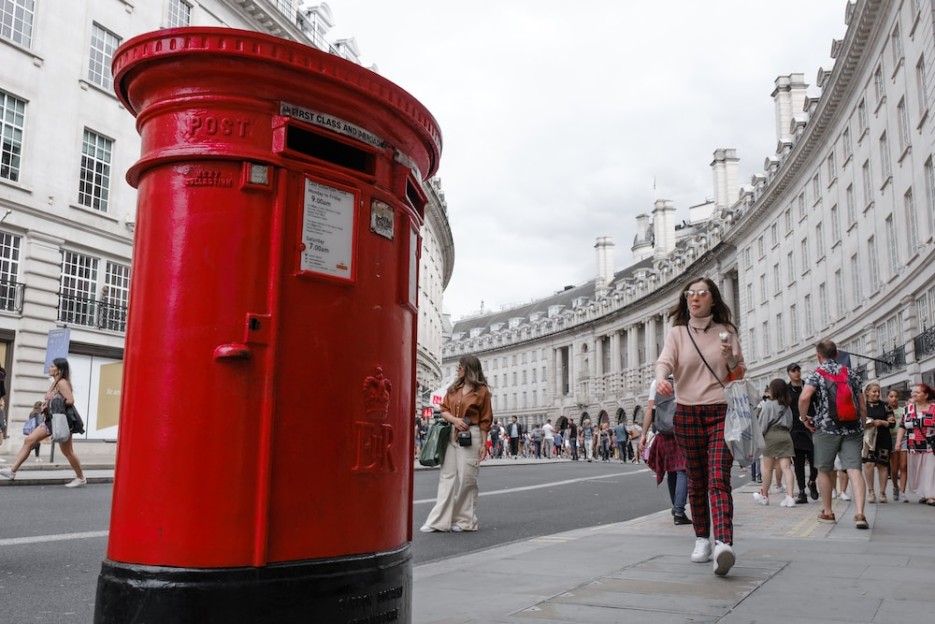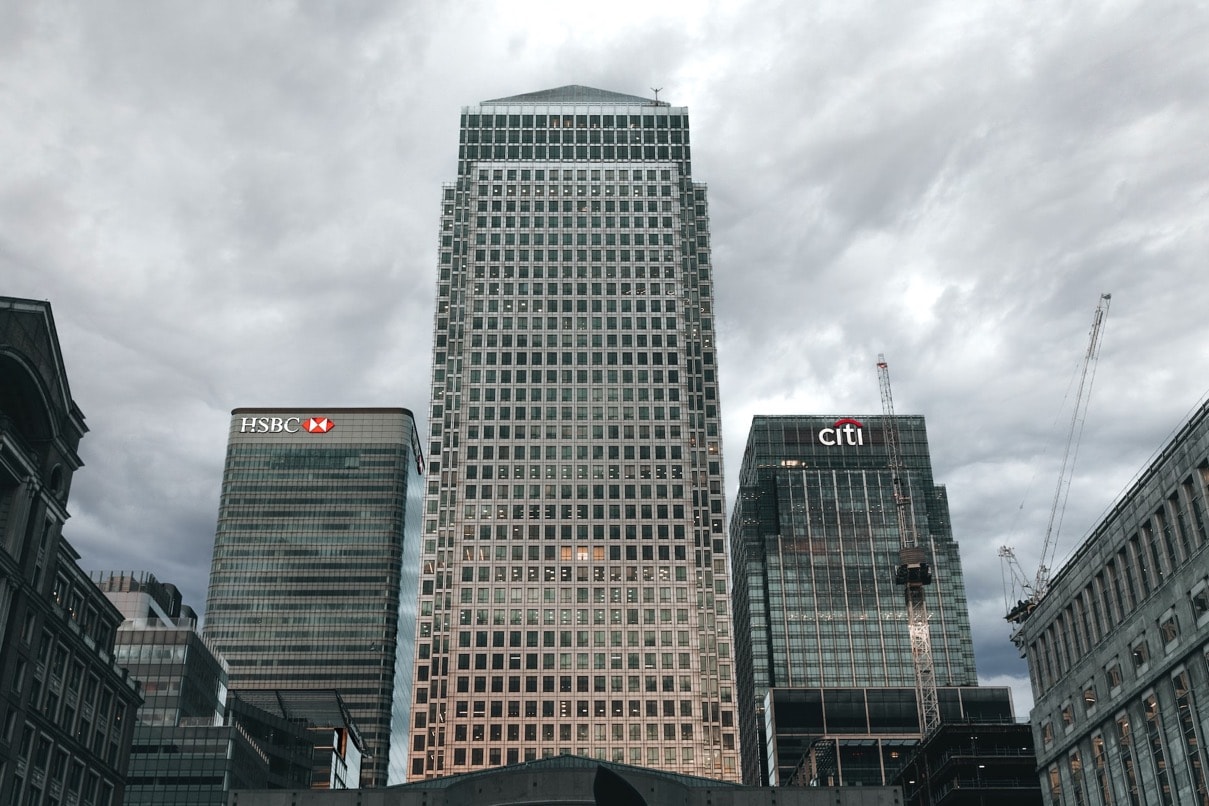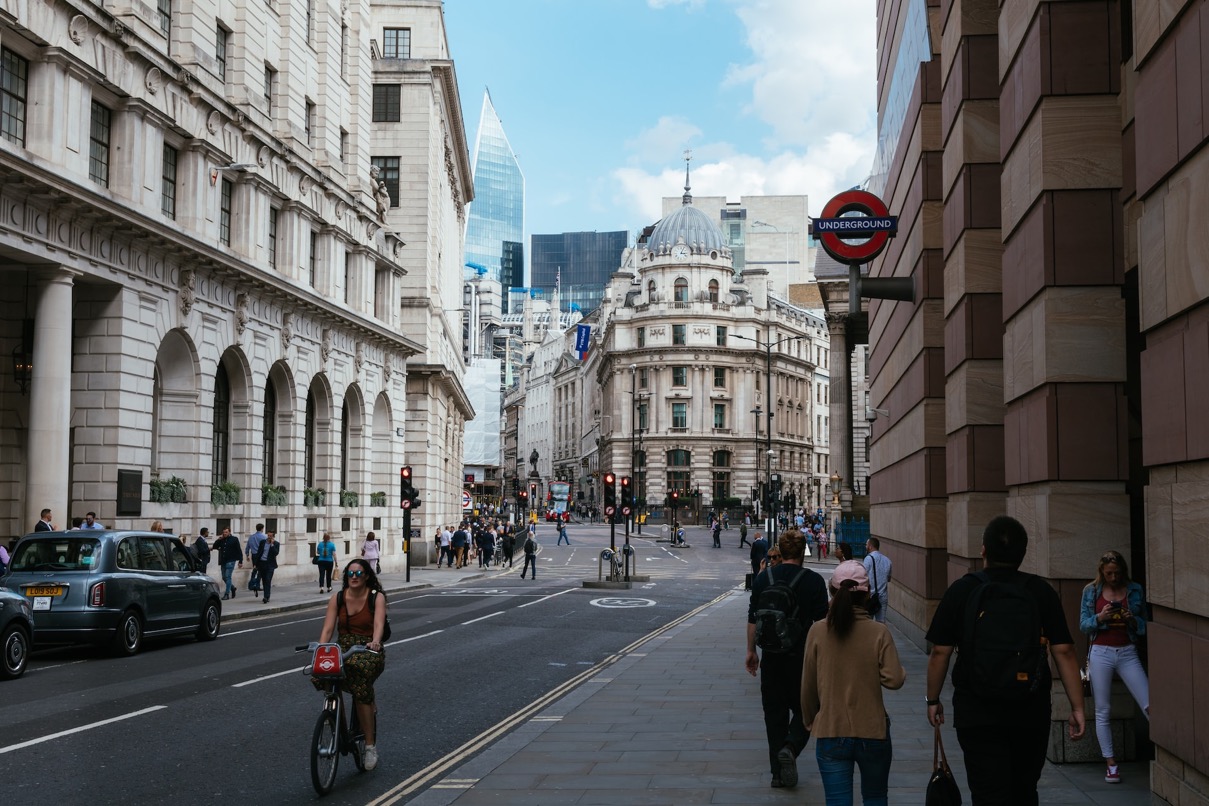
The latest UK inflation figures from the Office for National Statistics have revealed that the consumer prices index increased to 10.1% in September, putting further strain on British households.
Food prices and rising energy costs have played a factor in the latest data as the new double digit inflation figure exceeds August’s previous reading of 9.9%.
Accounting for economist predictions, the September inflation figure was slightly higher than forecast, placing pressure on the Bank of England to continue its interest rate hikes despite growing economic problems for British families struggling to pay soaring energy bills and near 15% increases in the price of food – the fastest price rises since 1980.
In its latest intervention, the Bank of England raised interest rates by 50 basis points to 2.25%, and have hinted of a substantial increase in early November.
This week, the Prime Minister was forced to u-turn on her mini-budget, with Jeremy Hunt being appointed as Chancellor, and reversing a majority of the tax cuts that were previously set to go ahead.
With Britain facing stubbornly high inflation, fixed mortgage costs are also rising as the Bank of England continues to increase interest rates. The average fixed mortgage deals are now hovering at 6%. This in turn has started to affect the rental market as landlords on expiring fixed mortgage deals are having to pass the costs on to tenants.
Chancellor Jeremy Hunt is set to make a statement on 31st October to reveal the “medium-term fiscal plan” on tax rises and support for people on lower incomes facing financial hardship.




